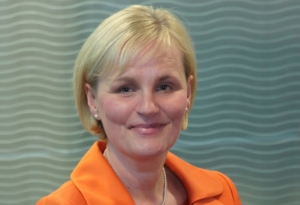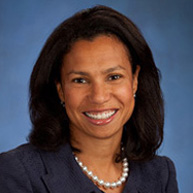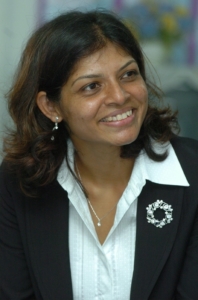 By CEO and Founder Nicki Gilmour
By CEO and Founder Nicki Gilmour
Loreen Arbus is a woman of many worlds and has certainly lived a life less ordinary.
She is already known by many as a change leader, a thinker and a doer, a career woman, a supporter of the arts, a member of numerous boards, an ally for people with disabilities and a major philanthropist in the US. When I recently spoke with her, I was delighted to experience firsthand her relentless bravery to tackle the hard topics with grace, which makes her completely deserving of the “Intrepid Woman’ mantle bestowed upon her.
How does she manage to be in so many worlds at once?
“I grew up as an outsider. It can be the best and worst thing to be not included since it can make you a better person, or do great damage to the individual,” Loreen said. She continued, “I feel lucky that it has made me a better person as I can identify with other people’s experiences as outsiders and help them to navigate their way to success.”
Perhaps her background of growing up as a once marginalized child has allowed her to defy labels or categories. It may have also given her the impetus to continue learning via new experiences, which span cultural aspects as well as humanistic endeavors, such as Co-Chairing the upcoming 13th Annual Women Who Care Luncheon to benefit United Cerebral Palsy of New York City Women who Care Luncheon at Cipriani’s in NYC on Wednesday May, 7th.
Loreen founded The Women Who Care Luncheon as an ode to unsung heroines like her sister’s caretaker Miss Karen Hansen. Loreen recounted to me that her interactions with Miss Hansen were life enhancing, and she accredits Miss Hansen with teaching her unconditional love due to the way that she cared for her older sister who had severe disabilities. The Karen Hansen Caregiver Award is a major part of the luncheon. It was Loreen’s parents Leonard H. and Isabelle Goldenson who co-founded the nation-wide organization of United Cerebral Palsy in 1949. UCP has a number of programs to help children with disabilities, including a favorite program of Loreen’s –an advocacy program that empowers adults and young people with skills to go to Albany and advocate directly for themselves with state representatives.
“I most often support causes in a specific way. I like to meet the people that I am helping, it replenishes my soul to experience the change that is taking place,” explained Loreen.
She encourages others to tour UCP and see how eager the children are to learn, play sports and word games. Loreen believes that connection to the mission of any charity can come alive; the closer one can get to connecting with the people driving it. Loreen also currently is the Executive Producer of the award winning documentary, “A Whole Lott More”, a film that aims to bring more awareness to employment issues for people with disabilities
On Being a Change Leader
Loreen’s trailblazing career in television meant that she pioneered where no woman had gone before as she was the first woman in to head up programming at a major U.S. television network, a feat she accomplished twice. Another noteworthy achievement to mention is that she spearheaded the inclusion of cable to be recognized within the Academy of Television Arts and Sciences EMMYs award system whilst she was at the Showtime television network. She understands the power of asking and ‘darn hard work,’ and mentions that she wishes women would be less apologetic around owning their hard work.
Loreen commented, “The greatest gift that I was given is that I can look at all sides of an issue. It is very exciting to be part of my mission that can lead to changes being made.”
Certainly, her unwavering dedication to helping others, and her ability to create space for other perspectives to come alive and become working ideas, is a striking feature about her.








